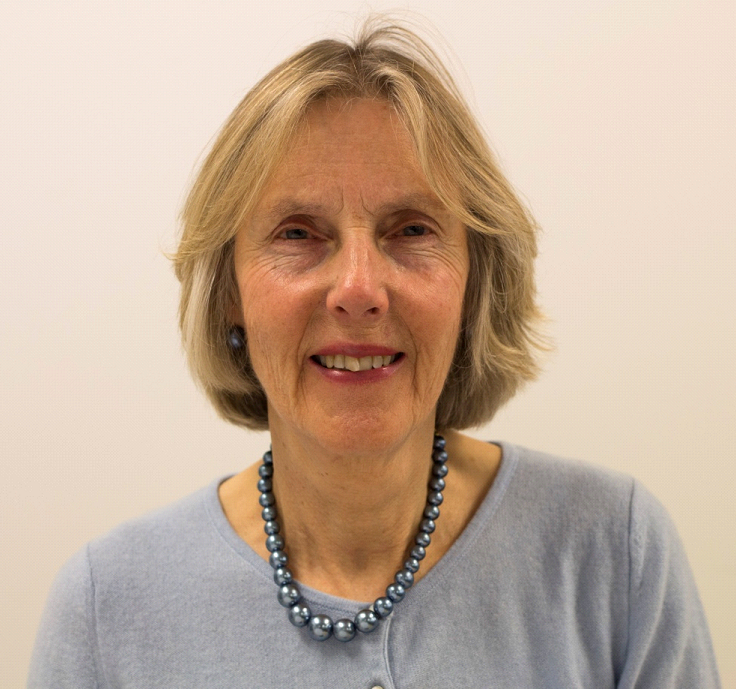 Tromsø lies over 200 miles north of the Arctic circle and last week, after months of polar nights it celebrated its first glimpse of the sun; and hosted two international meetings. One on global health and cross national initiatives aimed at promoting solidarity on health. A second on how to foster environmentally and socially sustainable economic growth in the Arctic. A session here was devoted to “Speaking truth to power. Science based policy in a post fact world,” a leitmotif of the health conference too, convened by the Centre for Arctic and Global Health at the University of Tromsø and the People’s Health Movement Scandinavia.
Tromsø lies over 200 miles north of the Arctic circle and last week, after months of polar nights it celebrated its first glimpse of the sun; and hosted two international meetings. One on global health and cross national initiatives aimed at promoting solidarity on health. A second on how to foster environmentally and socially sustainable economic growth in the Arctic. A session here was devoted to “Speaking truth to power. Science based policy in a post fact world,” a leitmotif of the health conference too, convened by the Centre for Arctic and Global Health at the University of Tromsø and the People’s Health Movement Scandinavia.
Setting the scene, Paul Farmer, Professor of Global Health and Social Medicine at Harvard University, underlined how false messages about the origin and spread of the Ebola virus had skewed the humanitarian response to the epidemic in Guinea, Liberia, and Sierra Leone. Disproportionate resources were diverted to public health campaigns and insufficient resources were used on building up the countries’ weak health infrastructure, staff training, laboratory support, and research capacity. The legacy of their colonial past lived on, he suggested.The players may have changed, but the focus remained on monetising natural resources, rather than investing in education and healthcare. “Where everything is seen as a commodity nothing is a right,” he warned.
 “Poor health is not inevitable,” he said and expressed concern that, “debates about cost effectiveness and sustainability of care become code for accepting lower standards of care in poor countries.” Comparative case fatality rates provide a good index of this, he said, and pointed to the notable disparity between patients treated in Africa and those treated in the West. In a similar critique of the response to the Ebola epidemic emergency doctor Chris Bulstrode, said the message it sent out was that European lives were worth more than African ones.
“Poor health is not inevitable,” he said and expressed concern that, “debates about cost effectiveness and sustainability of care become code for accepting lower standards of care in poor countries.” Comparative case fatality rates provide a good index of this, he said, and pointed to the notable disparity between patients treated in Africa and those treated in the West. In a similar critique of the response to the Ebola epidemic emergency doctor Chris Bulstrode, said the message it sent out was that European lives were worth more than African ones.
Hans Husam, a Norwegian surgeon with decades of experience of working in war zones, spoke passionately about how misleading and false messages propagated by the media are “fermenting war” in the Middle East. He cited several examples, including what he said were “fake” videos of people with chemical injuries in Syria and Iraq. He decried countries double standards: selling weapons on one side and providing humanitarian aid on the other. Big multinationals are also “an integral part of the war machine” he asserted, with some of their products “causing both genetic and environmental damage.” Health professionals have a duty to document, both the acute and long term impact of the new and more lethal forms of warfare which are exerting their highest toll on civilians, and hold politicians to account for their actions.
Big multinationals also came under fire from Anuj Kapilashrami, director of the Global Health Academy at Edinburgh University. She spoke about the progressive privatisation of state run services in several countries before focussing on the commercialisation of healthcare in India. Its dual problems of obesity and undernutrition were “manufactured epidemics,” she said, to which the food industry was responding by developing “ready to use therapeutic foods” and “neutraceuticals.” What was needed was more focus on food security.
Ted Schreker, political scientist and author of “How Politics Makes us Sick” took up the baton. The “primary role of the state was to ensure markets work,” he said. But they had largely failed to do so. Political action was needed to tackle the global “neoliberal epidemics” of poverty, inequality, obesity, and insecurity and he and others referred to the analysis and calls to action in the recently published Global Health Watch Report 5. He then put up photographs of deprivation and boarded shop fronts in Stockton in the UK, and lambasted the government for its “regressive tax and benefit reforms,” which hurt “the poorest and sickest of society most.”
Even the Nordic countries have felt the negative impact of market reforms said Gunnar Agren, former director general of the Swedish National Public Health Institute. They have adopted a model similar to the UK purchaser provider split, and have seen a rise in private sector involvement in healthcare and non needs based demand for care.
So often medical conferences focus exclusively on biomedical issues and while these were not ignored it was galvanising to participate in passionate debate on the political determinants of health, and the role of social movements in spurring change. But it was equally refreshing to hear about a variety of successful North-South health initiatives led by the Nordic countries. It’s not hard to be convinced that these countries punch above their weight on the international global health scene.
They are active locally too. Shared geography and cultural roots have long spurred cooperation in the Barent region which comprises the northernmost parts of Norway, Sweden, Finland, and North West Russia. Cross regional initiatives described included ones on medical training, telemedicine, and the monitoring and treatment of chronic disease, including mental health disorders where a Nordic community based model of care set up in Arkhangelsk, is now being spread to other parts of Russia. The region may be cold, remote, and sparsely populated, but the impression it leaves is of innovation, solidarity, and warmth.
Conference presentations can be accessed at mediasite.uit.no. The twitter handle for the conference is @arcticandglobal.
Tessa Richards, The BMJ
